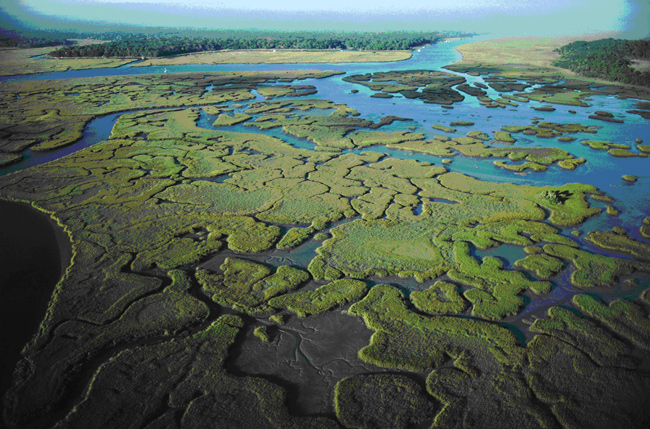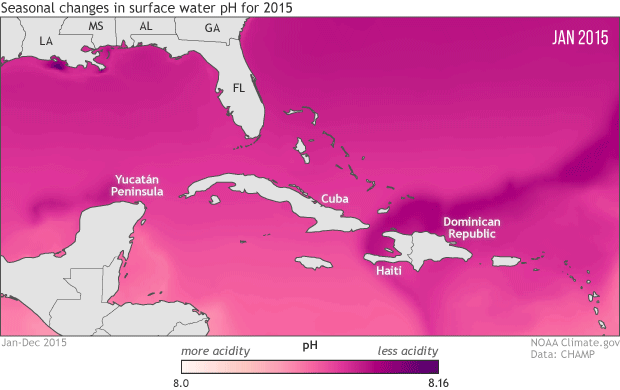
Ocean acidification may reduce sea scallop fisheries
A new model created by scientists at Woods Hole Oceanographic Institution projects – under a worst- case scenario – that warming and increasingly acidic waters could reduce the sea scallop population by more than 50% in the next 30 to 80 years. The bright spot? Fisheries management and efforts to reduce CO2 emissions, might slow






